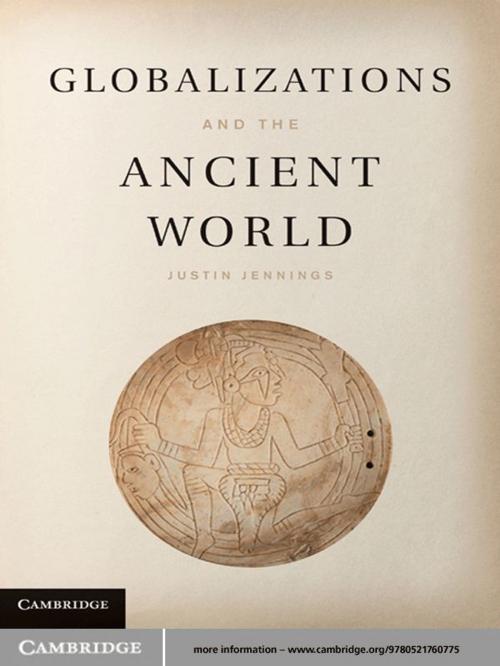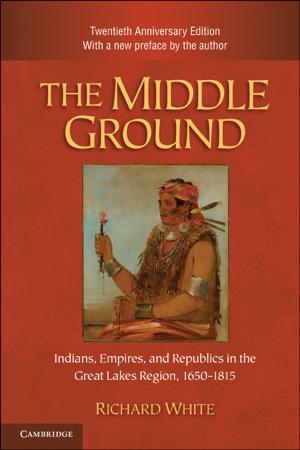Globalizations and the Ancient World
Nonfiction, Social & Cultural Studies, Social Science, Archaeology, History| Author: | Justin Jennings | ISBN: | 9780511851667 |
| Publisher: | Cambridge University Press | Publication: | November 8, 2010 |
| Imprint: | Cambridge University Press | Language: | English |
| Author: | Justin Jennings |
| ISBN: | 9780511851667 |
| Publisher: | Cambridge University Press |
| Publication: | November 8, 2010 |
| Imprint: | Cambridge University Press |
| Language: | English |
In this book, Justin Jennings argues that globalization is not just a phenomenon limited to modern times. Instead he contends that the globalization of today is just the latest in a series of globalizing movements in human history. Using the Uruk, Mississippian, and Wari civilizations as case studies, Jennings examines how the growth of the world's first great cities radically transformed their respective areas. The cities required unprecedented exchange networks, creating long-distance flows of ideas, people, and goods. These flows created cascades of interregional interaction that eroded local behavioral norms and social structures. New, hybrid cultures emerged within these globalized regions. Although these networks did not span the whole globe, people in these areas developed globalized cultures as they interacted with one another. Jennings explores how understanding globalization as a recurring event can help in the understanding of both the past and the present.
In this book, Justin Jennings argues that globalization is not just a phenomenon limited to modern times. Instead he contends that the globalization of today is just the latest in a series of globalizing movements in human history. Using the Uruk, Mississippian, and Wari civilizations as case studies, Jennings examines how the growth of the world's first great cities radically transformed their respective areas. The cities required unprecedented exchange networks, creating long-distance flows of ideas, people, and goods. These flows created cascades of interregional interaction that eroded local behavioral norms and social structures. New, hybrid cultures emerged within these globalized regions. Although these networks did not span the whole globe, people in these areas developed globalized cultures as they interacted with one another. Jennings explores how understanding globalization as a recurring event can help in the understanding of both the past and the present.















